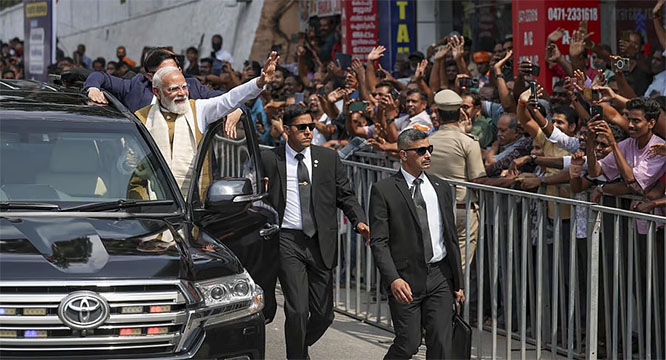New Delhi, Oct 21: The CBI has written to the government for reconsideration of its 2005 decision and allow the agency to file a Special Leave Petition in the Supreme Court in the Bofors case challenging quashing of an FIR in the alleged scam, officials said.
In a letter to the Department of Personnel and Training, the CBI conveyed that it wanted to file the SLP challenging the Delhi High Court order of May 31, 2005 quashing all charges against Europe-based Hinduja brothers in the Bofors case.
Government officials said the CBI was in favour of filing the SLP in 2005 but the then UPA government did not give its nod.
Legal experts feel that the agency will have to do a lot of explanation for condoning the lapsed time period of over 12 years.
The then Delhi High Court judge R S Sodhi had on May 31, 2005, quashed all charges against the Hinduja brothers -- Srichand, Gopichand and Prakashchand -- and the Bofors company and castigated the CBI for its handling of the case saying it had cost the exchequer about Rs 250 crore.
Before the 2005 verdict, another judge of the Delhi High Court, Justice J D Kapoor (since retired) on February 4, 2004, had exonerated late prime minister Rajiv Gandhi in the case and directed framing of charge of forgery under Section 465 of the IPC against the Bofors company.
On Wednesday, the CBI had said it would look into the "facts and circumstances" of the Bofors scam mentioned by private detective Michael Hershmam, who alleged that the then Rajiv Gandhi-led Congress government had sabotaged his investigation.
Hershman, who is the president of the US-based private detective firm Fairfax, claimed in television interviews recently that Rajiv Gandhi was "furious" when he had found a Swiss bank account "Mont Blanc".
Hershman, who was here last week to address a conference of private detectives, also alleged that the bribe money of the Bofors gun scandal had been parked in the Swiss account.








Comments
Add new comment